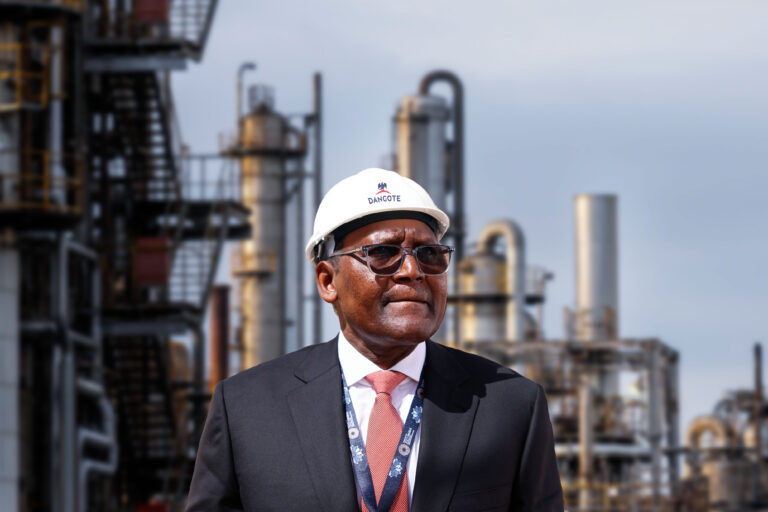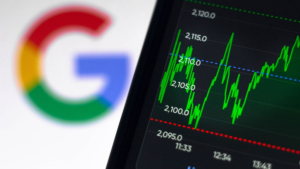
Aliko Dangote, CEO of Dangote Refinery, has addressed claims by the Nigerian Midstream and Downstream Petroleum Regulatory Authority (NMDPRA) that the refinery produces substandard diesel. Dangote affirmed that their products surpass international quality standards, currently achieving a sulfur content of 32 parts per million (ppm), far below the initial 665 ppm.
Speaking to the media on Saturday, Dangote highlighted the refinery’s significant advancements in product quality. “Our diesel initially had a sulfur content of around 665 ppm, which was the best quality available at the time. Today, we’ve reduced it to 32 ppm, and we aim to reach 10 ppm by August,” he stated.
Dangote invited regulators to verify the quality of their products, pointing out discrepancies in diesel sold at various filling stations across Nigeria. “We’ve found diesel with sulfur levels exceeding 1,000 ppm at some stations. Our products consistently maintain a flashpoint of 96, well above the regulatory minimum of 66,” he added.
During a recent tour of the refinery, Speaker of the House of Representatives Tajudeen Abbas and other lawmakers observed lab tests comparing diesel from two filling stations with that from Dangote’s refinery. The results revealed Dangote’s diesel had a sulfur content of 87.6 ppm, while the others exceeded 1,800 ppm.
These findings counter claims by NMDPRA CEO Farouk Ahmed, who alleged that Dangote’s diesel was inferior to imported products. “We produce the best diesel in Nigeria,” Dangote asserted, emphasizing the refinery’s commitment to transparency and quality.
Supporting Dangote’s stance, Devakumar Edwin, VP of Gas and Oil at Dangote Industries, highlighted recent concerns raised by European countries like Belgium and the Netherlands about high-sulfur diesel imports into Nigeria, leading to bans on such exports to West Africa.
The $20 billion Dangote Petroleum Refinery, designed to process various crudes and meet Euro V specifications, aims to fulfill 100% of Nigeria’s demand for petrol, diesel, kerosene, and aviation fuel, with surpluses for export.
Group VP Olakunle Alake addressed accusations of monopoly against the Dangote Group, emphasizing that the industry includes multiple players, such as the Nigerian National Petroleum Corporation (NNPC). “There are many players in the market. Accusations of monopoly are unfounded,” Alake remarked.
Dangote’s challenge to regulators shows the company’s confidence in its product quality and commitment to elevating Nigeria’s refining standards.






Be First to Comment